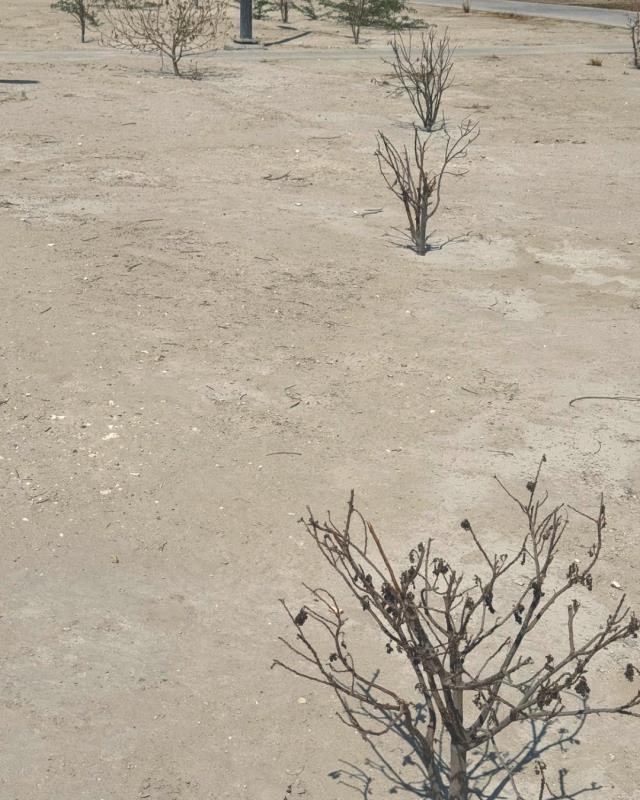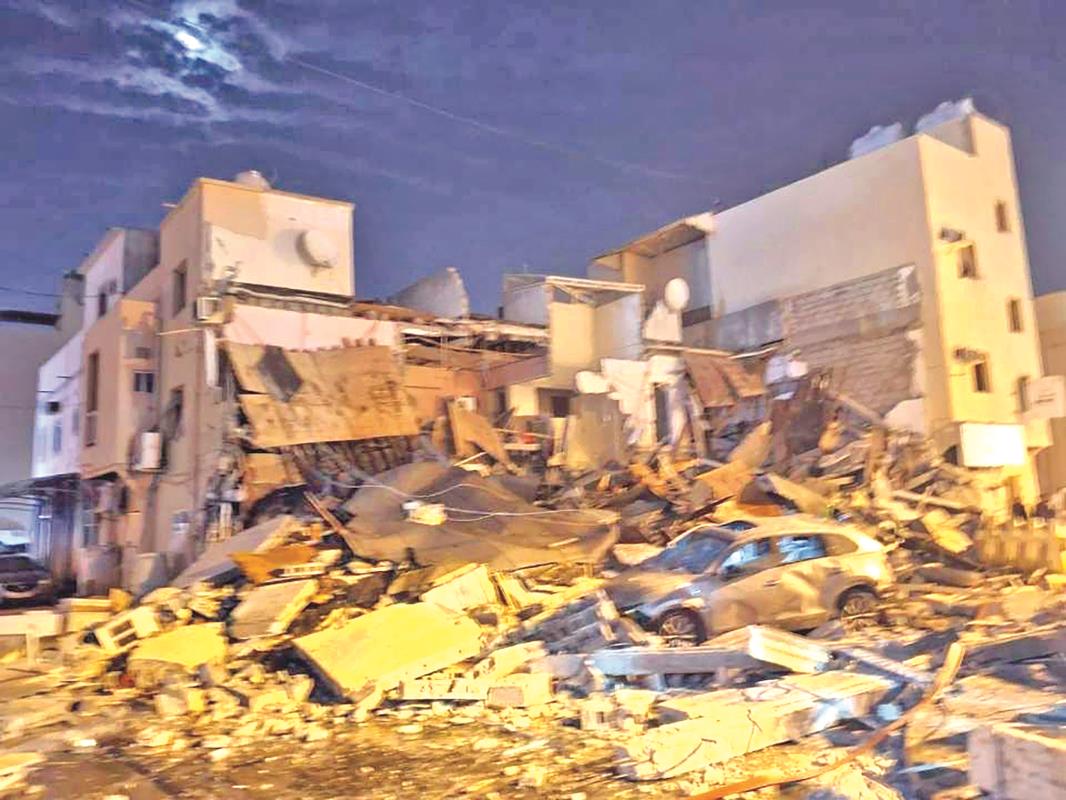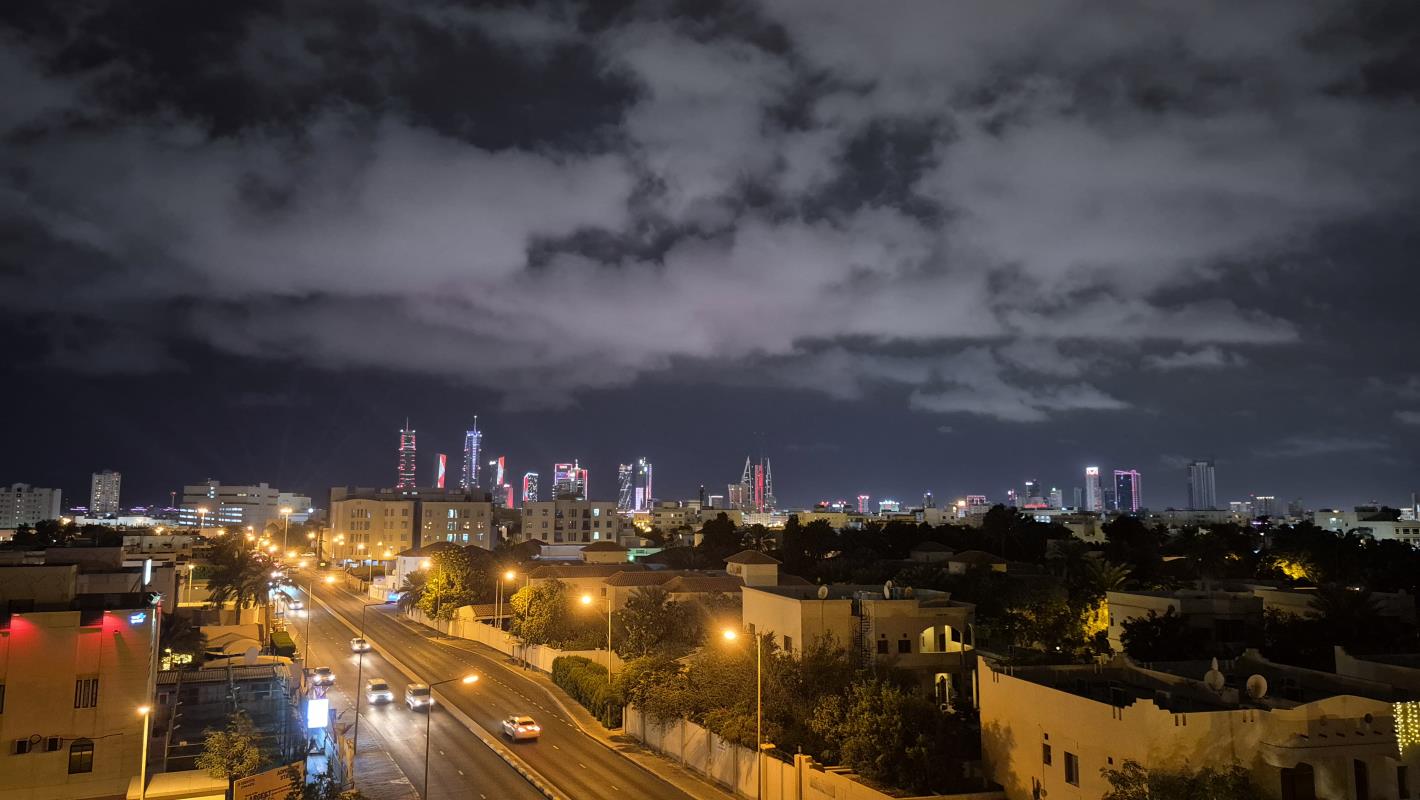
BAHRAIN has helped contain Covid-19 by using digital health solutions and implementing a “robust medical response”, according to a new report, writes the GDN's Sandeep Singh Grewal.
Global research and consultancy firm Oxford Business Group (OBG), in its latest report yesterday, has praised the various healthcare measures taken by Bahrain to deal with the pandemic, despite having the third-highest rate of population density in the world.
“Stringent screening and testing procedures have been implemented since the first local case was reported on February 21, which was followed by the closure of all educational institutions four days later and all non-essential businesses on March 26,” said the report.
It added that a large proportion of early Covid-19 cases were citizens returning home from religious pilgrimages in Iran.
“Health officials set up a so-called war room in late February to limit community transmission of the virus.”
The process included screening and testing of people entering the country from abroad, as well as the triaging of individuals or groups suspected of coming in close contact with the virus.
“To assist those considered to have a high risk of exposure to Covid-19, health authorities set up specialised camps to treat people arriving from countries with significant numbers of confirmed cases.
“This approach has also been complemented by extensive testing of the general population.”
The report mentioned e-health solutions designed to track the cases such as the BeAware Bahrain app launched last month by the Information and eGovernment Authority (iGA).
“The app features real-time local and international statistics and updates, as well as a number of health services and instructions from relevant authorities.”
The country is recognised for stepping up digital health solution as the app uses location data to alert users if they approach a carrier of Covid-19, or an area that people with confirmed cases have visited.
“The app has seen strong uptake and registration: On April 17, the iGA reported that BeAware Bahrain had been downloaded 294,516 times.
“In another initiative, on April 4 the government announced that people under quarantine would be required to wear electronic bracelets to ensure compliance with virus control methods.”
Using GPS (global positioning system) technology and real-time tracking, the bracelets inform health officials when those in quarantine – either at home or in specialised health centres – stray more than 15 metres from their designated isolation area.
“The implementation of such tracking methods has been key to containing the virus in Bahrain, a country with the third-highest rate of population density in the world,” said the report.
It added that since the pandemic outbreak many transport and logistics routes globally were shut down, posing a challenge for Bahrain to bring back its nationals.
“Due to border closures and political sensitivities, in some cases, the Bahraini government organised special flights, such as charter connections from Mashhad in Iran to Manama.”
In its previous assessment, on April 6, the OBG highlighted the implementation of social distancing measures in Bahrain that resulted in a widespread uptake of e-learning solutions, in order to minimise disruption to educational programmes.












































































